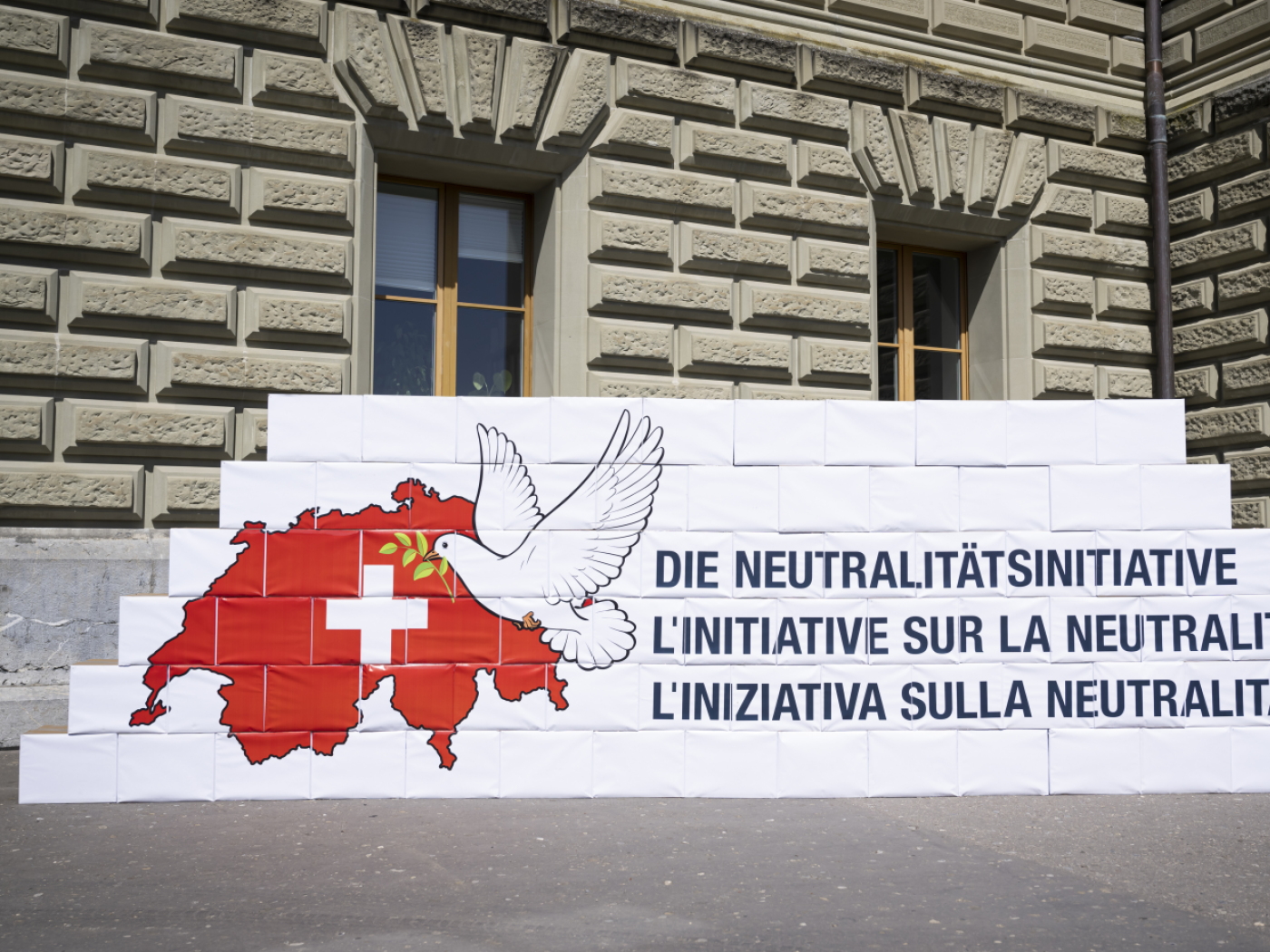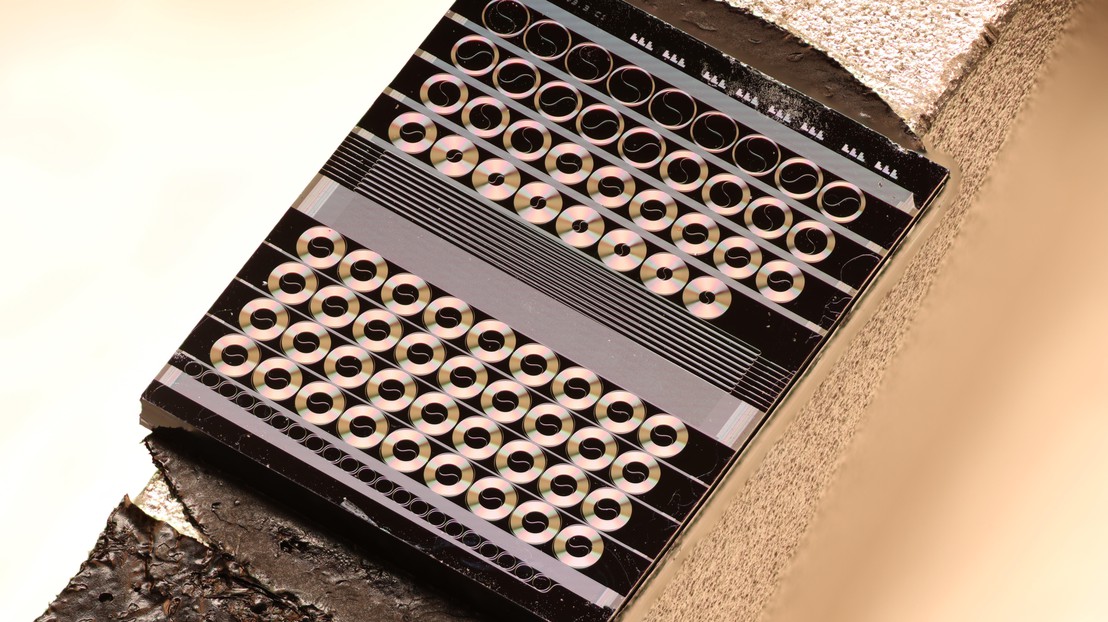

Switzerland Today
Dear Swiss Abroad,
The last time I kipped in a car was as a student, and it wasn’t much fun. But to avoid spending money on expensive hotel rooms, more and more tourists in Lucerne are sleeping in their vehicles in public car parks. Is this legal?

In the news: Another Olympic medal, better international train links from Geneva, Swiss National Bank profits, technical problems at the Swiss Stock Exchange, and an award for Emil Steinberger.
It’s a silver! Switzerland has won a second medal at the Paris Games after Julie Derron finished runner-up in the women’s triathlon this morning. The 27-year-old from Zurich has never made it onto the podium at a world championships. Audrey Gogniat won bronze in the 10m air rifle event on Monday. Here’s everything you need to know about Switzerland at the 2024 Summer Olympics.
The Swiss Association for Transport and Environment is calling for direct rail connections from Geneva to London, Amsterdam, Barcelona and Brussels. These cities are among the ten most popular flight destinations from Geneva, although they could be reached by train in less than eight hours, it said yesterday. “The international rail offer is unsatisfactory, the number of connections has fallen and the remaining ones are overloaded,” said Caroline Marti, president of the association’s Geneva section.
The Swiss National Bank made a solid six-month profit on rising equities and gold prices, replenishing its capital base and keeping hopes alive that it will be able to resume payouts to the government. Switzerland’s central bank notched up a gain of CHF56.8 billion ($64.5 billion) for the first half of the year, it said today. That’s slightly below the first-quarter result, as the persistent strength of the franc ate into earnings in the April-June period.
The SIX Swiss Stock Exchange scrapped its planned resumption of trading today, citing persistent technical snags that make it impossible to disseminate market pricing data.
Swiss actor and cabaret artist Emil Steinberger is to be honoured by the Zurich Film Festival, which will present a lifetime achievement award at the premiere of new documentary film, Typisch Emil (“Typical Emil”).

Mass tourism is not just a problem in Venice and Barcelona. In Lucerne, tourists are now sleeping in public car parks to avoid spending too much money on a hotel room. Is this legal?
“The beautiful city of Lucerne is saturated with curious tourists,” newspaper Blick noted yesterdayExternal link. Last year, a record was set with 1.3 million overnight stays, and the trend shows no sign of abating this year. Political action is regularly taken against mass tourism in the Swiss city: Social Democrat David Roth recently caused a stir with his suggestionExternal link to ban wheeled suitcases.
But it’s the tourists themselves who feel increasingly put off by the crowded city centre and the high cost of hotel rooms. Their solution? Opt for a camper van or mobile home and spend the night in that. But as the city of Lucerne has no official pitches for these vehicles and there are only two campsites nearby, tourists are now resorting to public car parks, the zentralplus newspaper reportedExternal link.
Perhaps surprisingly, this is not illegal. Tourists aren’t camping out in public car parks – they are simply spending the night there, and so can’t be fined. According to the Touring Club Suisse (TCS), camping is when people set up and use their own chairs, tables or other furniture near a vehicle.
As long as the vehicle is parked correctly – i.e. it’s within the marked parking space, the parking fee has been paid and it doesn’t contravene any overnight parking bans – there’s nothing to prevent it from staying overnight, according to the Lucerne police. Tourists are therefore fully within the law if they decide to spend the night in parking spaces.
Local politicians are aware of the issue. Several solutions have been put forward. On the one hand, official pitches should be provided for motor caravans (a motion to this effect has been raised), and at the same time regulations could be tightened. It would then be forbidden not only to camp, but also to spend the night in public car parks.
Here’s another recent article about camping in Switzerland: ‘Swiss discover a love of camping – but at what price?’
More

In the 19th century and early 20th century, children in Switzerland were a fundamental source of labour for families. This was especially the case in agriculture. Then industrialisation ushered in an era in which children were exploited as cheap labour.
A new exhibition, Child Labour in the 19th and 20th Centuries at the Forum of Swiss History in canton Schwyz, explores Switzerland’s history of child labour. “This is the first time that such a comprehensive overview of this topic has been exhibited,” says Pia Schubiger, historian and curator of the exhibition. “The information is the result of in-depth research.”
Schubiger hopes the exhibit will provide impetus for further research into this neglected aspect of history.

In compliance with the JTI standards
More: SWI swissinfo.ch certified by the Journalism Trust Initiative
































